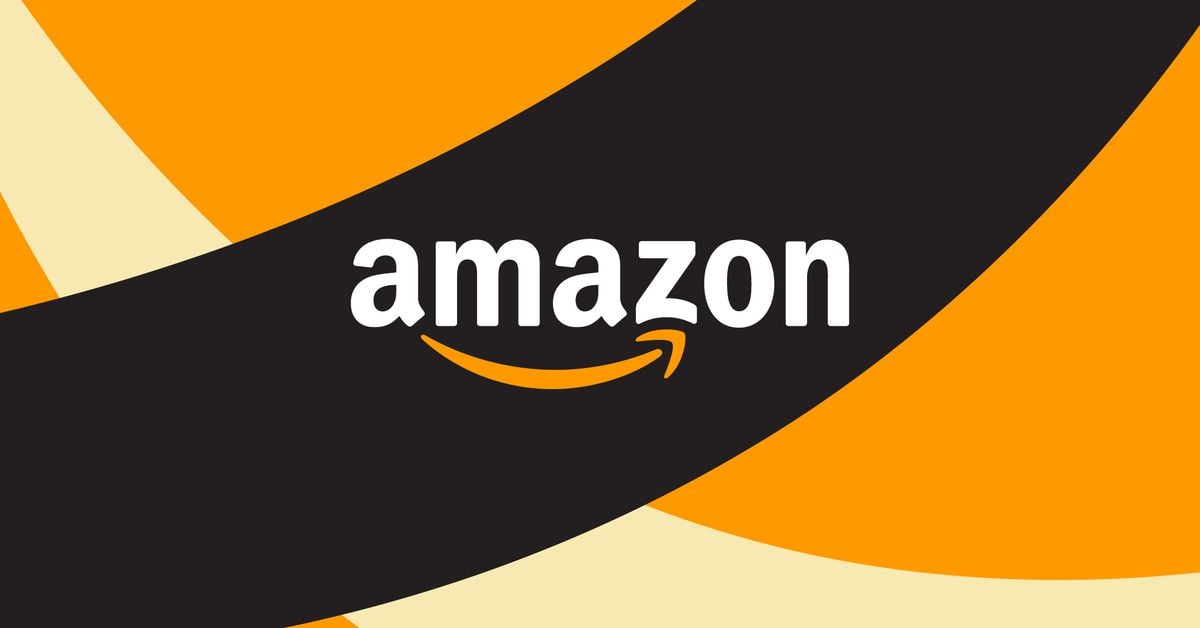Hasn’t the travel, cruise and holiday industry been doing this for decades now?
Most companies that sell products do this in some form. The only thing that’s secret about it is the particular process and code, since that’s confidential company info.
A few years ago I remember speaking with a Walmart GM about this sort of thing, and they mentioned how their site in their region would receive price updates after their volume, revenue, staffing, supply chain logistics to their site, etc., were analyzed. Admittedly, I don’t know if they had real analysts or machine learning, or a mix of the two (likely both, since it was 5 or 6 years ago).
A key point to this is that most businesses selling things buy most of their products from suppliers, who have their own pricing mechanisms - which causes downstream businesses to adjust accordingly.
We’ll see it down to the minute in B&M storefronts soon as well. The local Superstore and Walmart already have digital price tags on shelves. Milk could go up $0.50/L between the time you grab it off the shelf and then finish shopping to hit the checkout.
A bunch of people buying cookies? Oh, better raise that price by $1.50/box
How would this be enforced? Also, can we rely on the FTC to do their job quickly and effectively when we’re just now hearing about something that’s reported to have ended four years ago?
Scamazon
Is it the scale of sales that matters? Like if I make an Etsy shop and set my prices based on competitors, is that illegal?
Ive bought through amazon three times in my life. Each time i regretted my purchase because the absolute lowest quality shit arrived. Why the fuck would anyone buy anything from there?
Because you bought from shit sellers, amazon is just the marketplace
amazon basics entered the chat
Amazon is also the only marketplace where ive seen products from such recognizable companies as ghutxcl
Because you have like 3 weeks to decide you want to keep that purchase or not for a full refund
If the items were shit, why didn’t you return them?
For me, it’s simply that there’s stuff I can’t find without driving 4h to another city, and even then only maybe.
According to the Journal, Nessie would inflate prices and monitor whether other retailers, like Target, would follow suit. If the competing retailers maintained the lower price, the algorithm would automatically revert Amazon’s to its normal price.
Isn’t this how retail pricing always works?
Of course… That’s their whole business model
deleted by creator
It’s generally not illegal to raise your prices or set your prices at what your competitors are charging. There are variety of factors that influence a price of an item.
The issue is that the FTC is alleging that the algorithm artificially boosted prices and keeping the prices that high when competitors matched the price.
While it’s not outright collusion on price fixing, it does reek of using monopolistic practices to fatten the bottom line.
Verge is back publishing bullshit… like in good old times. “Secret algorithm”. So prices have been raised and? No one told us… yeah… wow… is it unusual? They used a tool to do that and it was secret. And wallmart publishes their IT on Github? Prices usually grow, if they can’t or goods sell bad, they need to reduce them again. That’s how market works.






